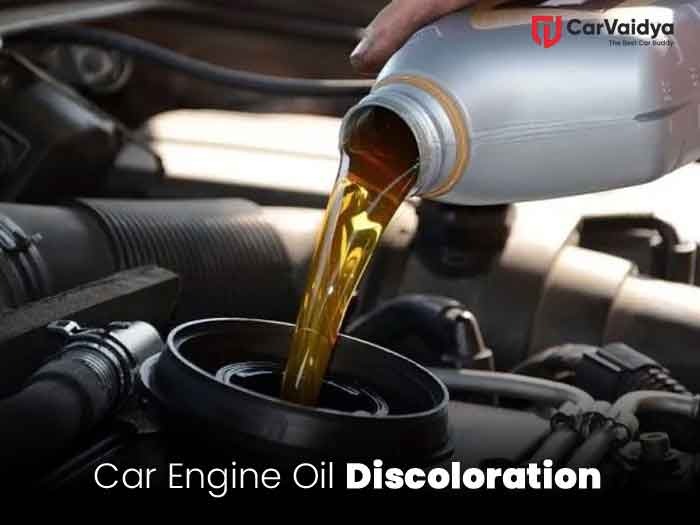Regular maintenance of a car is crucial to ensure its optimal performance and longevity. One aspect of this maintenance is changing the engine oil at recommended intervals. However, many car owners may notice that the engine oil turns black before the scheduled replacement time. This phenomenon raises questions about why engine oil darkens prematurely and what implications it may have on the vehicle's health.
The Role of Engine Oil
Engine oil serves as a lubricant, coolant, and cleaner for the internal components of a car's engine. It prevents friction between moving parts, absorbs heat, and carries away contaminants. Over time, the oil undergoes chemical changes and accumulates particles and residues, leading to its darkening.
Combustion Byproducts
One primary reason behind the premature darkening of engine oil is the presence of combustion byproducts. As the engine operates, fuel undergoes combustion in the cylinders, producing various byproducts such as soot, unburned fuel, and other contaminants. These byproducts find their way into the engine oil, causing it to darken.
Oxidation
Oxidation is another factor contributing to the blackening of engine oil. When oil reacts with oxygen at high temperatures, it undergoes oxidation, forming sludge and deposits. This process accelerates in situations where the engine operates at high temperatures for extended periods, common in stop-and-go traffic or during towing.
Contaminant Accumulation
The engine oil acts as a magnet for contaminants, including dirt, metal particles, and engine wear debris. Over time, these contaminants accumulate in the oil, leading to a darker appearance. Driving conditions, such as frequent short trips or extended periods between oil changes, can exacerbate this accumulation.
Engine Wear
Normal wear and tear of engine components contributes to the darkening of oil. As parts like piston rings, cylinder walls, and bearings wear down, minute particles are released into the oil. This abrasion results in the oil taking on a darker color as it carries these particles throughout the engine.
Poor Combustion
Inefficient combustion processes can also lead to premature oil darkening. Issues like incomplete fuel combustion or improper air-fuel mixture ratios can cause unburned fuel to enter the oil, creating a darkened appearance. Regular engine maintenance, including spark plug replacement and fuel system cleaning, can help address these issues.
Driving Habits and Conditions
The driving habits and conditions significantly influence the rate at which engine oil darkens. Frequent stop-and-go driving, driving in extreme temperatures, and towing heavy loads can accelerate the accumulation of contaminants and oxidation, causing the oil to darken sooner than expected.
Importance of Timely Oil Changes
Despite the natural darkening of engine oil over time, adhering to the recommended oil change intervals remains crucial. Regular oil changes ensure that the oil's lubricating and cleaning properties are maintained, preventing excessive wear on engine components. Ignoring scheduled oil changes may lead to increased engine friction, reduced fuel efficiency, and potential long-term damage.
Monitoring Oil Quality
Car owners can monitor the quality of engine oil through regular oil checks and using oil analysis services. Analyzing oil samples can provide insights into the level of contamination, wear particles, and overall oil condition. This proactive approach allows owners to address potential issues before they escalate.
In conclusion, the phenomenon of engine oil turning black before the scheduled replacement is a natural consequence of the complex processes occurring within the engine. Combustion byproducts, oxidation, contaminants, and engine wear all contribute to the darkening of oil. Understanding these factors emphasizes the importance of timely oil changes and proactive maintenance practices to ensure the longevity and optimal performance of a vehicle. By staying vigilant and addressing issues promptly, car owners can keep their engines running smoothly and extend the lifespan of their vehicles.
Read some other articles
How to find the best car repair service provider
The essential guide to choosing the right car driving school
How to choose types of rims for your cars


0 Comments